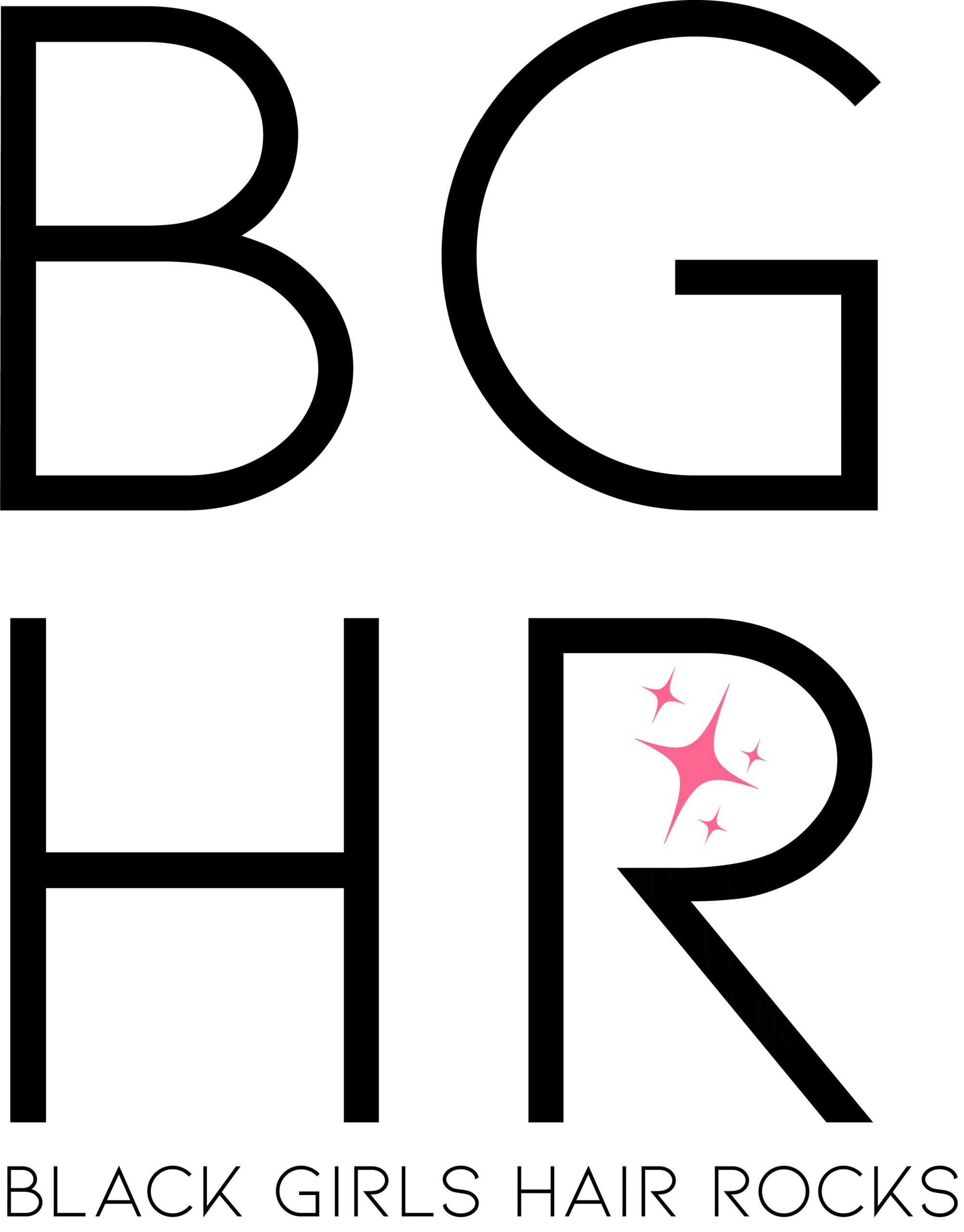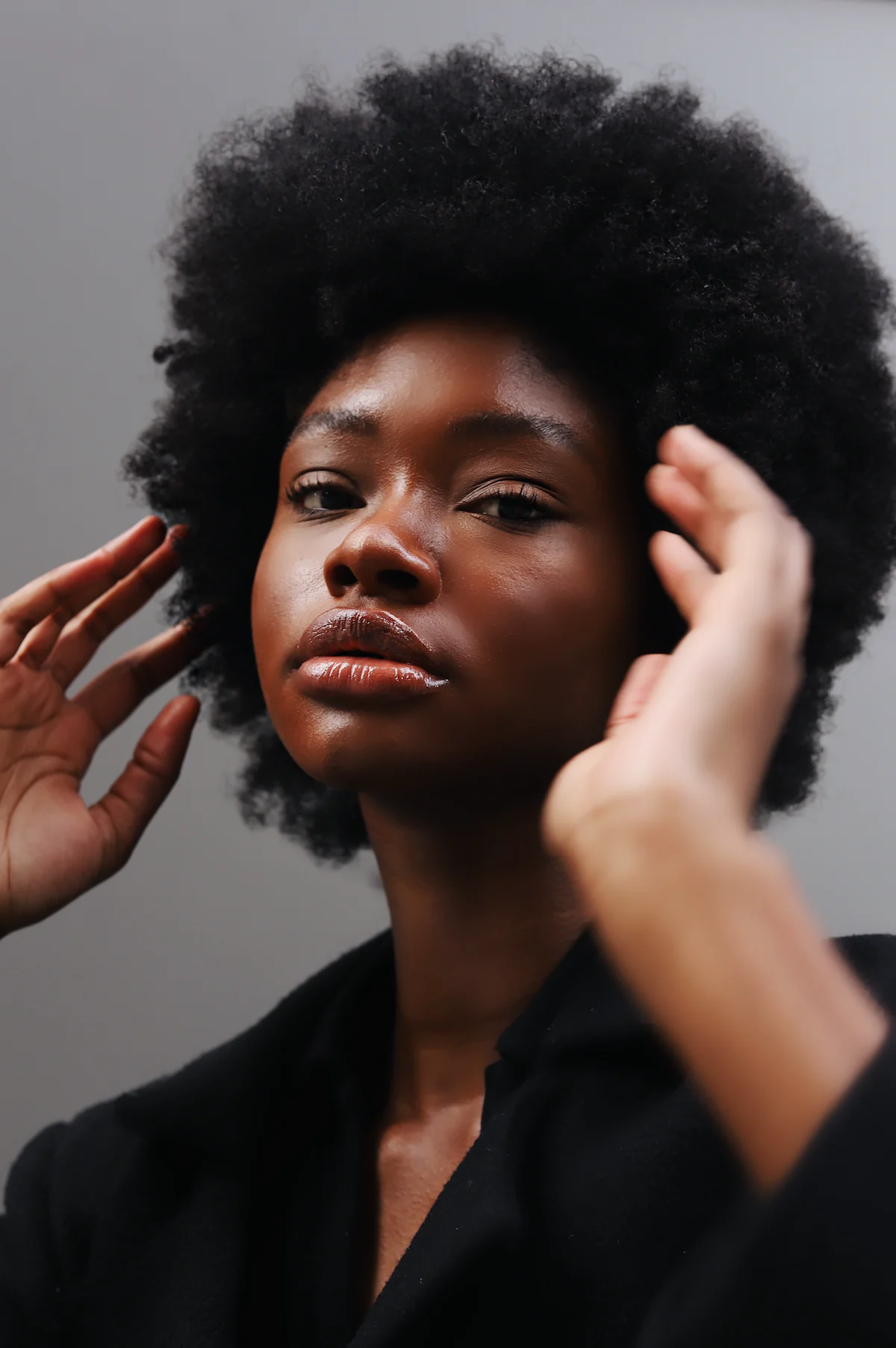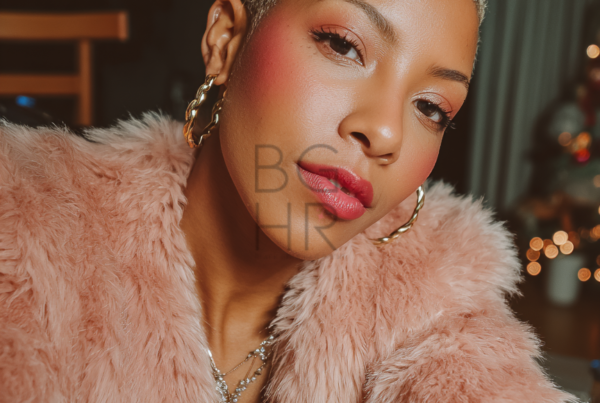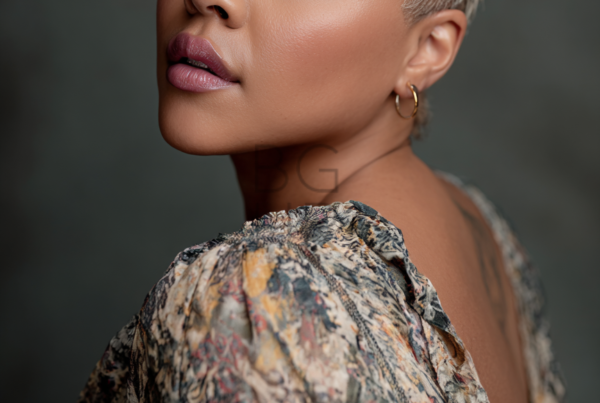Black hair is a unique and beautiful aspect of cultural diversity that holds immense significance in communities worldwide. From its rich history to its various textures and styles, black hair is a symbol of identity, pride, and resilience. This article delves into the cultural significance, history, and evolution of black hair, highlighting its importance in shaping individual and collective identities.
The Historical Roots of Black Hair:
Throughout history, black hair has been a powerful representation of identity and culture. In Africa, hair has held various meanings, signifying age, social status, marital status, and even tribe affiliation. Traditional African hairstyles often conveyed a person’s role in the community and could be intricately styled to showcase creativity and artistry.
The Impact of the Transatlantic Slave Trade:
The transatlantic slave trade forcibly displaced millions of Africans, and along with them, their cultural practices, including hair care and styling techniques. Enslaved individuals were often stripped of their cultural heritage, and many were forced to conform to European beauty standards, leading to the suppression of their natural hair textures and the use of harmful hair treatments.
The Natural Hair Movement:
The mid-to-late 20th century saw a resurgence in embracing natural black hair as a form of empowerment and a reclaiming of cultural heritage. The natural hair movement emerged as a powerful statement against Eurocentric beauty ideals, encouraging black individuals to embrace and celebrate their natural hair textures. This movement fostered a sense of unity and pride, inspiring people to embrace their authentic selves and reject societal pressures.
The Versatility of Black Hair:
Black hair is incredibly versatile, with a wide range of textures, lengths, and styling possibilities. From afros and braids to locs and cornrows, each style carries a unique cultural significance and reflects individual expression. The versatility of black hair allows for creativity and self-expression, making it an integral part of the overall fashion and beauty landscape.
Hair Care and Maintenance:
Caring for black hair requires understanding and tailored approaches due to its unique needs. Regular moisturizing, protective styling, and gentle handling are essential to maintaining healthy and vibrant hair. As the natural hair movement gained momentum, an array of hair care products specifically designed for black hair emerged, making it easier for individuals to embrace and maintain their natural textures.
Black Hair in the Media and Fashion Industry:
The representation of black hair in media and the fashion industry has evolved over the years. While there is still progress to be made, there have been notable advancements in the visibility of diverse black hairstyles on runways, magazines, and television. Black celebrities and influencers have also played a significant role in showcasing the beauty and versatility of black hair, challenging conventional beauty norms and advocating for more inclusive representations.
Conclusion:
Black hair represents a vibrant tapestry of culture, history, and self-expression. From its roots in ancient African traditions to its powerful resurgence in the modern era, black hair continues to be a source of pride and empowerment. The celebration and acceptance of black hair in all its forms contribute to a more inclusive and diverse society where every individual can embrace their authentic selves without fear or judgment. As we continue to recognize and cherish the beauty of black hair, let us honor its significance in shaping identities and promoting unity among diverse communities.






